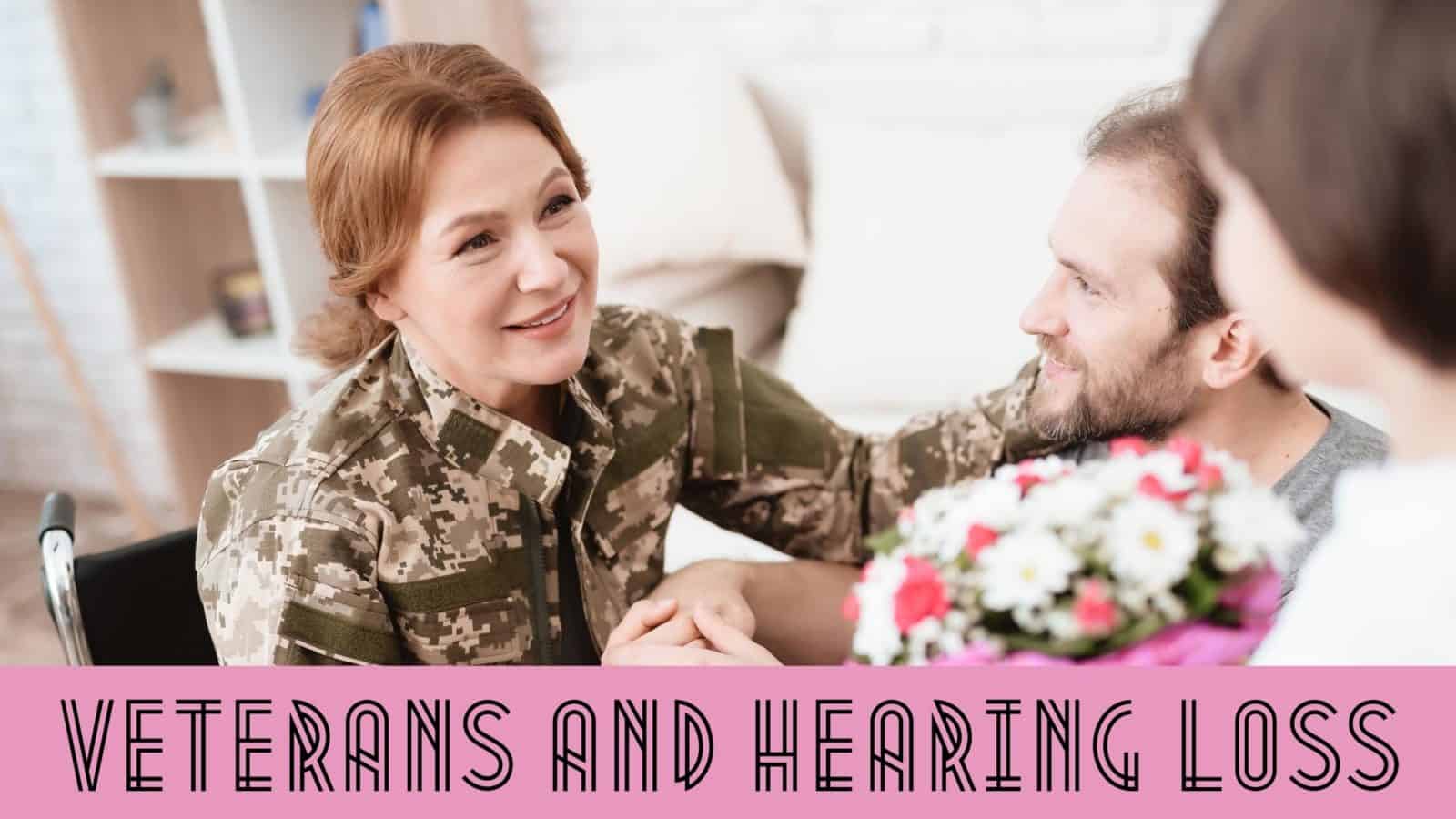- The Impact of Hearing Aids on Veterans’ Lives - February 15, 2024
- Hearing Health: A New Year’s Resolution for a Vibrant Life - January 16, 2024
- Unraveling Misconceptions About Hearing Loss - December 12, 2023
Tinnitus and hearing loss are the number one and number two reasons that veterans go to the U.S. Department of Veterans Affairs (VA) medical centers seeking support. With this immense need in mind, you might wonder why they seem to have such high rates of these diagnoses and if their levels of tinnitus and hearing loss are greater than the general public.
With these statistics in mind, it is important to unpack the relationship between a career in the armed forces and hearing-related conditions. The further relationship with depression and anxiety could be an even greater reason to enhance hearing services for our veterans. Let’s take a look at these relationships, as well as what can be done to protect those who are currently serving in the military.
Veteran Experience and Hearing Loss
Why do veterans have higher rates of hearing-related conditions, such as tinnitus and hearing loss? Both of these conditions can be caused by events of sudden noise. For those veterans who have served in active duty and combat, exposure to blasts and gunfire can explain some of the cases of tinnitus and hearing loss.
However, those who have served in combat situations account for only a small proportion of all veterans, making it unlikely to have such a strong effect on veteran hearing loss more generally. One other explanation has to do with the older cohort of people who are veterans, as opposed to the general population.
Furthermore, all those who serve in the armed forces engage in basic training and boot camp, and these experiences tend to involve practice with weaponry and exposure to blast simulations. These many reasons add up to a group of veterans with higher rates of tinnitus and hearing loss than the civilian population.
Hearing Loss and Mental Health
Tinnitus and hearing loss have a close connection with mental health, as well. Those who have these conditions can have trouble communicating, and that frustration and struggle to easily carry on a conversation can make us feel hesitant to engage in social situations at all. When we become socially isolated, the possibility of depression and anxiety rises. Without the connections that make us feel loved, accepted, and embraced by our communities and closest family members, feelings of hopelessness and fear can set in.
Indeed, the Post Traumatic Stress Disorder (PTSD) that afflicts many veterans might account for the high levels of depression and anxiety. Yet, a 2015 study found that 72 percent of veterans who had tinnitus were also diagnosed with anxiety. Of those veterans with tinnitus, 60 percent had depression as well. Over half (58 percent) of veterans with tinnitus had both anxiety and depression. This relationship suggests that the generally high rates of depression and anxiety among veterans might have to do with their hearing health in addition to the other known causes of mental health needs.
Protecting Our Armed Forces
The need to protect our citizens in the armed forces goes without saying. And yet, hearing protection has been neglected in some instances and has been faulty in others. The need for advanced hearing protection four our soldiers in combat situations should not be brushed aside for the need to communicate.
New technologies make it possible to have voice-to-voice communication in the context of protection from dangerous noise from blasts and gunfire. Those on active duty are not alone in their need for support. Whether in the process of transportation, training, or other military functions, our armed services need help accessing and adopting hearing protection for many facets of service life. In the worst case, some contracts have supplied faulty hearing protection, so it is crucial to ensure the validity and effectiveness of hearing protection devices before they are distributed and relied upon.
If you are a veteran with hearing needs, don’t hesitate to confer with your doctor at the VA about other associated health problems. You can consult directly with us to schedule a hearing test to make sure that your needs are being accurately diagnosed and treated with assistance, as well.

